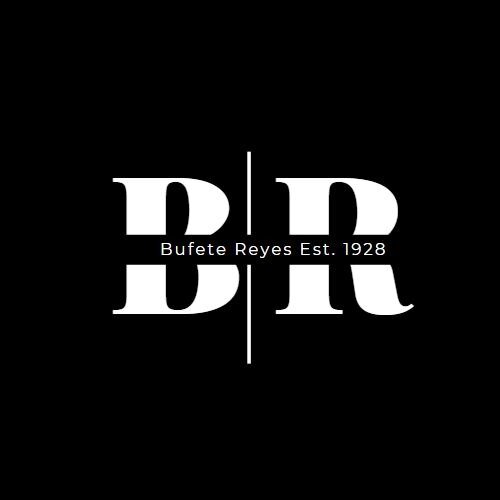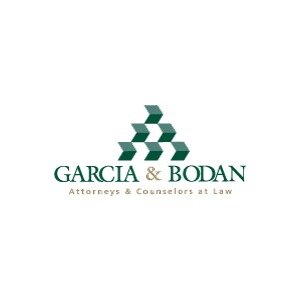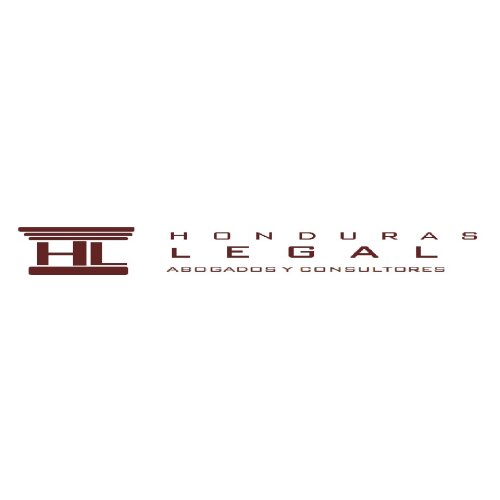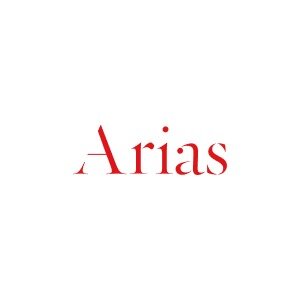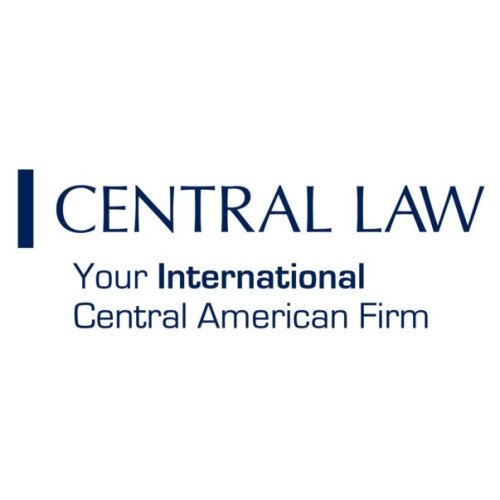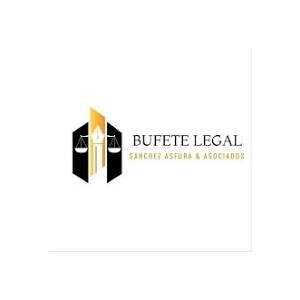Best Real Estate Contracts and Negotiations Lawyers in Honduras
Share your needs with us, get contacted by law firms.
Free. Takes 2 min.
Free Guide to Hiring a Real Estate Lawyer
Or refine your search by selecting a city:
List of the best lawyers in Honduras
About Real Estate Contracts and Negotiations in Honduras
Real estate contracts and negotiations in Honduras are a vital part of the property acquisition process. Whether buying, selling, or leasing property, these contracts must be carefully structured to protect the interests of all parties involved. Understanding the regulations and practices of real estate transactions in Honduras can help avoid potential legal disputes and ensure a smooth transition of property ownership. This guide provides essential insights into navigating the complex landscape of real estate contracts and negotiations in Honduras, crucial for anyone considering engaging in property-related transactions in the country.
Law in Honduras: A Brief Overview of Real Estate Contracts and Negotiations
In Honduras, real estate transactions are governed by both the Civil Code and specific real estate laws that dictate how properties can be bought, sold, and leased. The legal framework ensures that all contractual agreements are executed transparently and fairly among parties involved. Contracts must be in writing, and they generally include sale agreements, leases, and options to purchase. The process often involves notaries, who authenticate documents and ensure compliance with legal standards.
Why You May Need a Lawyer
There are several common situations where seeking legal advice is beneficial in real estate transactions in Honduras:
- Complex Transactions: Involving multiple parties or intricate financing arrangements.
- Risk Management: Identifying and mitigating potential legal risks associated with property transactions.
- Dispute Resolution: Handling disputes that arise during or after the transaction process.
- Due Diligence: Verifying the property's legal status and ensuring clear title to the property.
- Contract Drafting and Reviewing: Ensuring contracts comply with Honduran law and adequately protect your interests.
Local Laws Overview
Some key aspects of Honduran real estate laws include:
- Ownership and Registration: Property must be registered with the National Property Institute to establish legal ownership.
- Foreign Ownership: Foreigners can own property, but there are some restrictions near borders and coastlines.
- Land Use Regulations: Zoning laws and land use regulations must be observed during transactions.
- Public Deed Process: Property sales require notarized public deeds registered with the Property Registry.
Frequently Asked Questions
1. Can foreigners buy property in Honduras?
Yes, foreigners can buy property in Honduras, but there are certain restrictions in areas within 40 kilometers of the country’s borders and coastlines.
2. What is the role of a notary in real estate transactions?
A notary in Honduras facilitates the transaction by authenticating documents, ensuring compliance with legal standards, and recording the transaction in public records.
3. How long does the property registration process take?
The registration process can vary, but it typically takes a few weeks to a couple of months, depending on the complexity of the transaction and the property registry backlog.
4. Is title insurance available in Honduras?
Title insurance is not common in Honduras. Therefore, conducting thorough due diligence and working with a knowledgeable lawyer is essential to verify a clear title.
5. What taxes are associated with buying property in Honduras?
Buyers may be subject to a property transfer tax of approximately 1.5% to 2% of the purchase price, along with other fees for obtaining the necessary legal and registration documents.
6. What should be included in a real estate contract?
A real estate contract should clearly detail the terms of the sale, including the purchase price, payment schedule, conditions precedent, warranties, and possession date.
7. Are verbal agreements legally binding in Honduras?
Real estate agreements must be in writing to be legally enforceable in Honduras. Verbal agreements are not recognized in real estate transactions.
8. What are common contingencies in real estate contracts?
Common contingencies include obtaining financing, passing inspections, and ensuring clear title. These conditions must be satisfied for the transaction to proceed.
9. How can one resolve a real estate dispute in Honduras?
Disputes are usually addressed through negotiation, mediation, or litigation in court if necessary. Legal assistance is advised to navigate these disputes effectively.
10. What legal documents are needed to close a real estate transaction?
Closing a transaction may require the sale agreement, public deed, proof of tax payment, and registration documents. Engaging with a lawyer ensures all required documents are appropriately handled.
Additional Resources
For more help with real estate contracts and negotiations in Honduras, consider consulting:
- National Property Institute: For guidelines on property registration and ownership.
- Honduran Bar Association: To find qualified legal professionals experienced in real estate law.
- Chamber of Real Estate: Offers resources and networking opportunities for buyers and sellers.
- Real Estate Regulations Public Offices: For inquiries regarding land use and zoning laws.
Next Steps
If you need legal assistance in real estate contracts and negotiations in Honduras, consider the following steps:
- Research and Engage a Lawyer: Find a qualified lawyer with expertise in Honduran real estate law to guide you through the transaction.
- Prepare Documentation: Gather all necessary documentation related to the property transaction early in the process.
- Conduct Due Diligence: Verify the property’s legal status, ensure clarity of title, and address any zoning or regulatory issues.
- Negotiate Terms: Clearly negotiate terms with the other party, ensuring mutual understanding and agreement before drafting the contract.
- Finalize the Contract: Work with your lawyer to draft and review the contract and ensure it complies with all legal requirements.
- Close the Transaction: Complete the transaction by signing final documents and registering the property at the relevant local offices.
Following these steps and enlisting professional legal guidance can secure a more robust, smoother process when dealing with property contracts and negotiations in Honduras.
Lawzana helps you find the best lawyers and law firms in Honduras through a curated and pre-screened list of qualified legal professionals. Our platform offers rankings and detailed profiles of attorneys and law firms, allowing you to compare based on practice areas, including Real Estate Contracts and Negotiations, experience, and client feedback.
Each profile includes a description of the firm's areas of practice, client reviews, team members and partners, year of establishment, spoken languages, office locations, contact information, social media presence, and any published articles or resources. Most firms on our platform speak English and are experienced in both local and international legal matters.
Get a quote from top-rated law firms in Honduras — quickly, securely, and without unnecessary hassle.
Disclaimer:
The information provided on this page is for general informational purposes only and does not constitute legal advice. While we strive to ensure the accuracy and relevance of the content, legal information may change over time, and interpretations of the law can vary. You should always consult with a qualified legal professional for advice specific to your situation.
We disclaim all liability for actions taken or not taken based on the content of this page. If you believe any information is incorrect or outdated, please contact us, and we will review and update it where appropriate.
Browse real estate contracts and negotiations law firms by city in Honduras
Refine your search by selecting a city.



